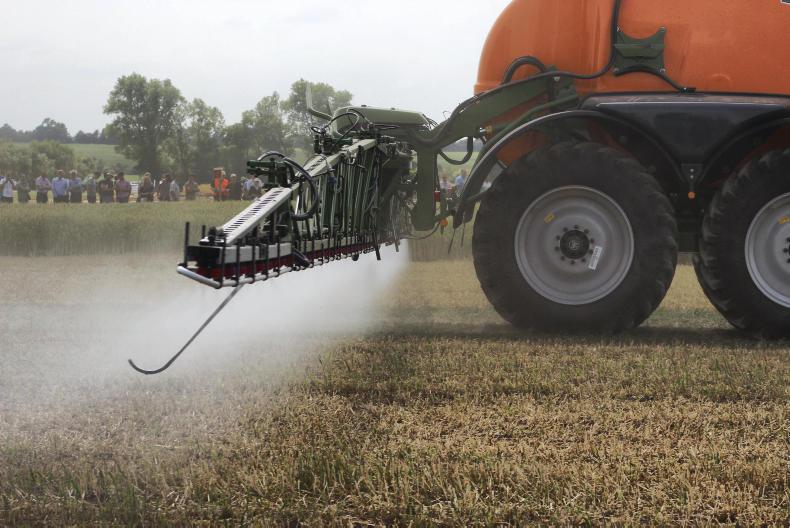European farmer organisation Copa-Cogeca has called on EU Commissioner for Agriculture Phil Hogan and Commissioner for Health Vytenis Andriukaitis to push for an extension of glyphosate’s current license for 15 years without further restrictions.
Cop-Cogeca secretary general Pekka Pesonen has written to both commissioners, underlining the “importance of this active substance in farmers’ toolbox for crop protection and its benefits to fight climate change and soil erosion”.
Pesonen added: “It is essential to build confidence in the European food safety system and the high European production standards”.
European commissioners are due to meet to discuss glyphosate on Wednesday, 26 April following a finding last month by the European Chemicals Agency (ECHA) said that the available scientific evidence “did not meet the criteria to classify glyphosate as a carcinogen, as a mutagen or as toxic for reproduction.”
The Risk Assessment Committee’s (RAC) highly-anticipated independent scientific review concluded that the weight of evidence shows that the active ingredient used in Monsanto’s Roundup poses no risk to human health when used correctly.
The report paves the way for a new 15-year EU approval for the world’s most widely used weedkiller.
The EU’s executive will take the ECHA opinion into account when deciding on the renewal of the approval of the active substance under the plant protection products regulation. Subsequently, the services will draw up a new proposal for reauthorisation and will re-launch technical discussions with Member States.
A decision on glyphosate re-approval has to be taken within six months of receipt of the RAC opinion by the end of 2017 at the latest.
Agriculture Commissioner Phil Hogan has said he hopes glyphosate would be reauthorised in the coming weeks for a period of at least 10 years.
Meanwhile a European Citizens’ Initiative (ECI) calling on the Commission to table a ban on glyphosate has garnered almost 700,000 signatures at the latest count, with a target of one million signatories.
If this threshold is met, the Commission must consider the legislative proposal, but it is not obliged to follow it. It then has three months to give an explanation as to its decision on the initiative.
IFA grain chair Liam Dunne has said a ban on glyphosate would be “Armageddon” for cereal production in Ireland.





SHARING OPTIONS